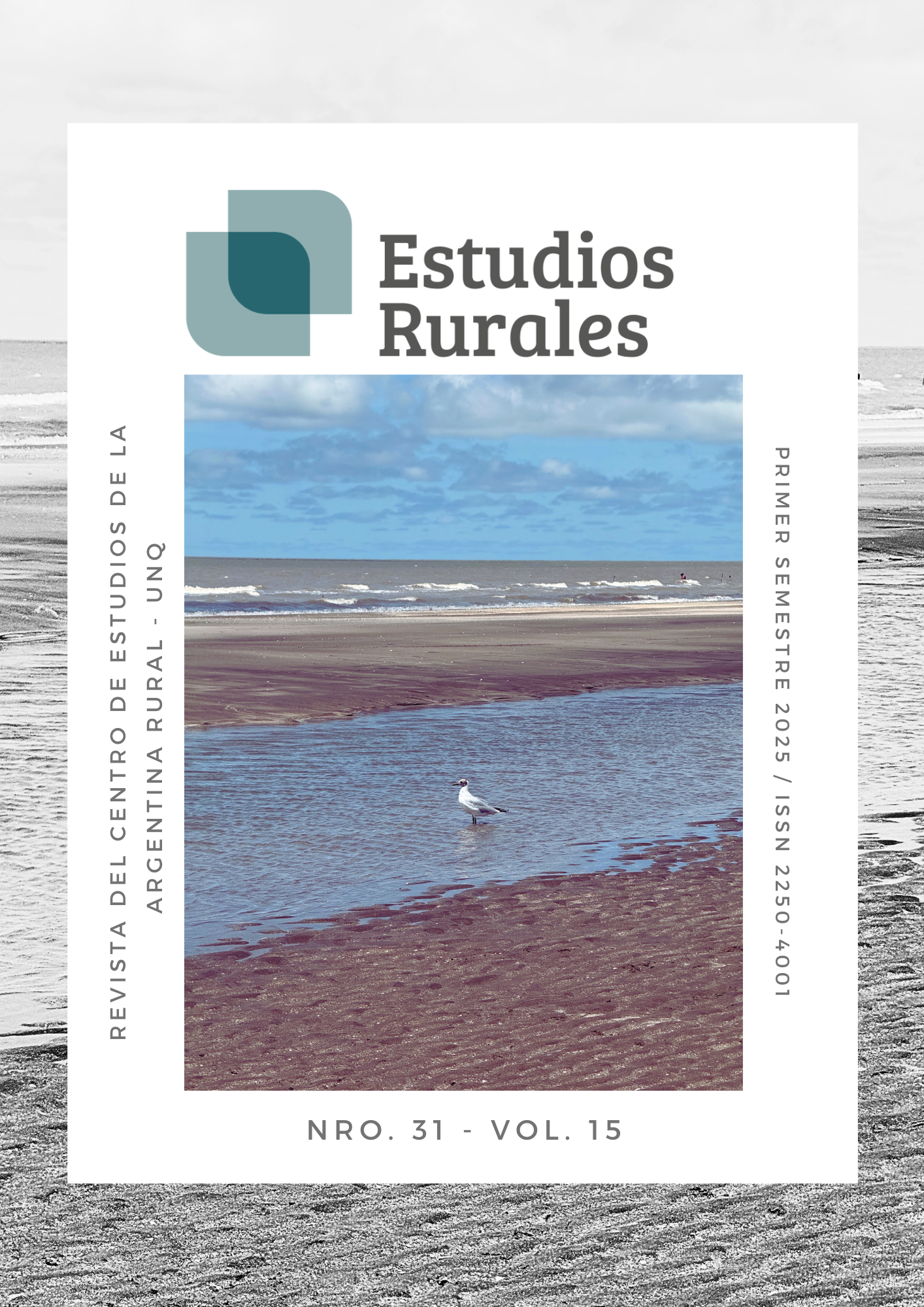Servicio de Asistencia Técnica y Extensión Rural – ATER como bien público para el fortalecimiento y perpetuación
DOI:
https://doi.org/10.48160/22504001er31.574Palabras clave:
Agricultura familiar; Dependencia de la trayectoria; Extensión rural; Política pública; Socioeconómico.Resumen
El servicio de Asistencia Técnica y Extensión Rural – ATER, tiene una larga trayectoria hasta su reglamentación, por lo que el objetivo fue reflexionar sobre las posibilidades de legitimarlo como bien público en Brasil. El enfoque metodológico siguió una investigación exploratoria debido al contexto de este estudio, apoyado en el método dialéctico para auxiliar los diálogos sobre cada tema. Las discusiones se dirigieron hacia las regulaciones ATER por su razonamiento convergente, pero se han ido produciendo transformaciones en la Administración Pública y esta política adolece de limitaciones de recursos, ya que los gestores públicos continúan excluyendo la educación no formal de la caracterización de bien público, que surge de la interpretación. o entendimientos políticos sobre los servicios ATER debido a la trayectoria desde su implementación. Se concluye a través de la evidencia recolectada que existe plausibilidad de incorporar este servicio como un bien público, vinculado a la comprensión de la educación no formal, pero aún requiere estudios en profundidad.


